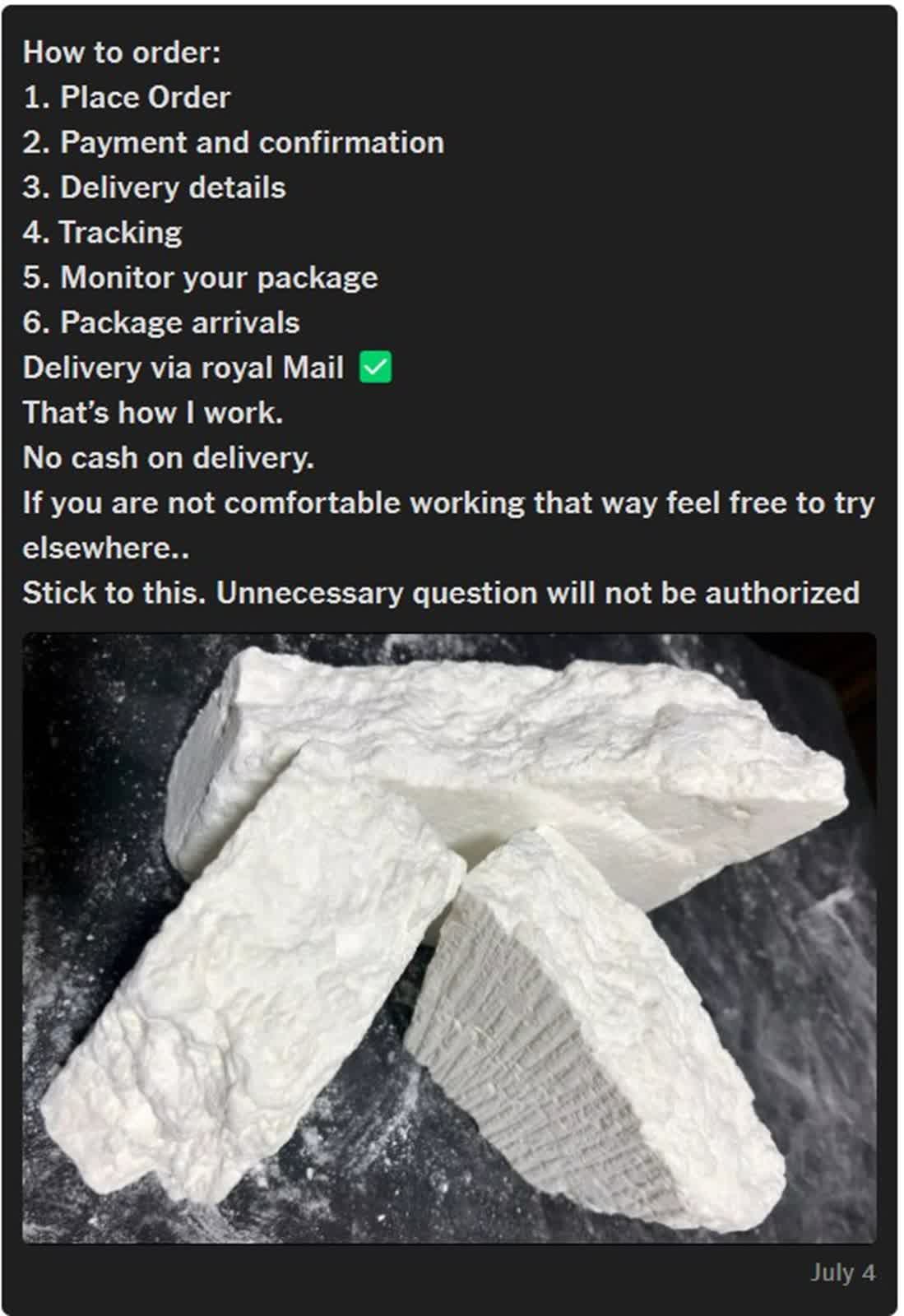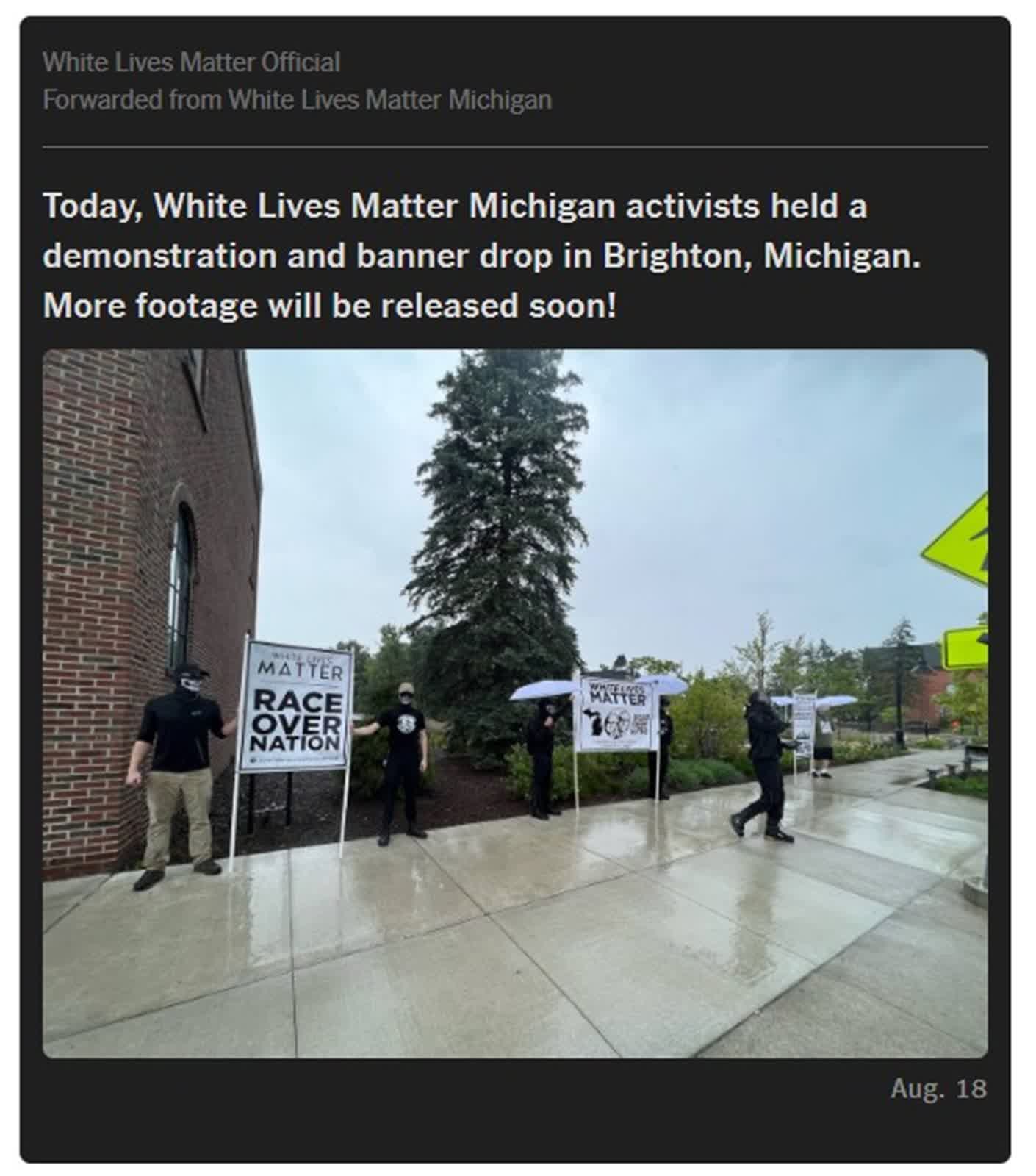The big picture: It's no secret that the internet is rife with illegal and harmful content, much of it fueled by extremists and terrorist groups. But there is one online corner that has been a breeding ground for such elements, the messaging app Telegram. Noxious content is easily spread on the platform with its hands-off approach to content moderation and an unwillingness to participate with law enforcement in pursuit of criminal activity.
Last month, the enigmatic founder of Telegram, Pavel Durov was arrested in France. The 39-year-old Russian-born entrepreneur faces charges of failing to cooperate with law enforcement and complicity in crimes committed on the platform, including distribution of child sexual abuse material, drug trafficking, and fraud.
This arrest comes amid growing concerns about Telegram's role as a hub for criminal activity, extremism, and disinformation. A recent investigation by the New York Times has uncovered the extent to which the platform has become a breeding ground for illegal and harmful content.
Telegram's unique features, such as channels and supergroups, have made it an attractive platform for both legitimate users and those with nefarious intentions. At the same time, the app's determination to stay true to the principles of privacy and free speech has led to the creation of a haven for criminal enterprises, terrorist organizations, and extremist groups.
The New York Times found 1,500 channels operated by white supremacists who coordinate activities among almost one million people worldwide. Weapons are marketed by at least two dozen channels, while illegal drugs can be purchased on 22 channels offering delivery to more than 22 countries. Hamas has a significant presence on the platform with 40 channels, whose average viewership increased tenfold after the October 7 attacks, reaching more than 400 million views in October.

Telegram is "the most popular place for ill-intentioned, violent actors to congregate," Rebecca Weiner, the deputy commissioner for intelligence and counterterrorism at the New York Police Department, told the New York Times. "If you're a bad guy, that's where you will land."
Activity on some of these channels has led to real-world violence. For instance, the recent riots in Britain and arson at migrant housing centers in Ireland are thought to have originated from hateful speech on the app.
Durov has long maintained a staunch belief in minimal government interference with online communication. This philosophy has translated into a hands-off approach to content moderation, with Telegram employing only a small team of moderators – just a few hundred – compared to the thousands used by its tech peers.

The company has also frustrated authorities around the world with its reluctance to cooperate with law enforcement. One of the reasons France charged Durov with complicity in trafficking child sexual imagery was due to "an almost total lack of response" to requests for assistance, according to the chief prosecutor.
So far, the only leverage authorities can use is the threat of asking Apple or Google to remove Telegram from their app stores. The tech giants have successfully convinced the platform to remove and restrict harmful material, according to analysts, government officials, and tech executives. "The largest pressure on Telegram is not coming from governments; it's coming from Apple and Google," Durov told Tucker Carlson in an interview earlier this year.

As Telegram approaches one billion users, patience with the platform is wearing thin in many democratic countries. The European Union is exploring new oversight measures under the Digital Services Act, which could force Telegram to more aggressively police its content.
However, the arrest of Durov could well be the turning point for Telegram. Amid increasing pressure on the platform, Durov pledged to make significant improvements to content moderation in his first comments to his 12 million-plus followers after his arrest.
